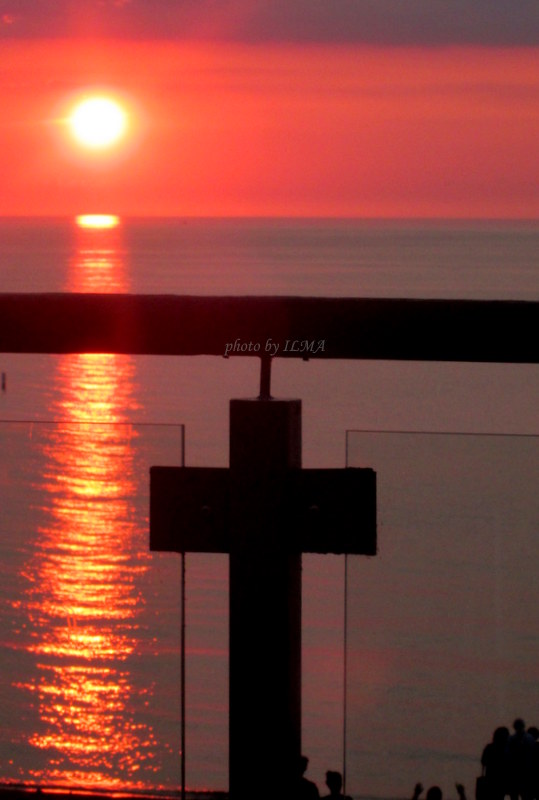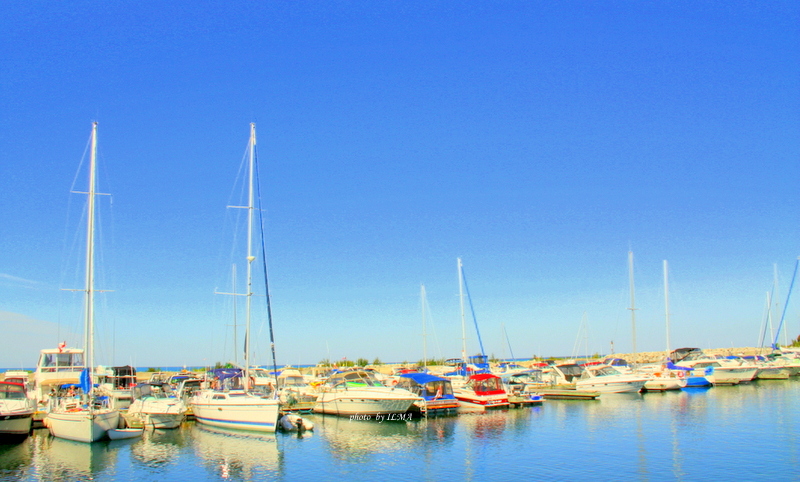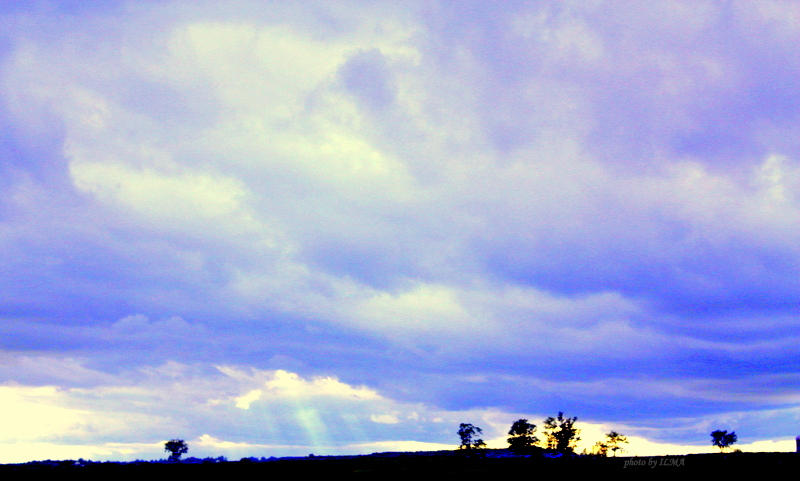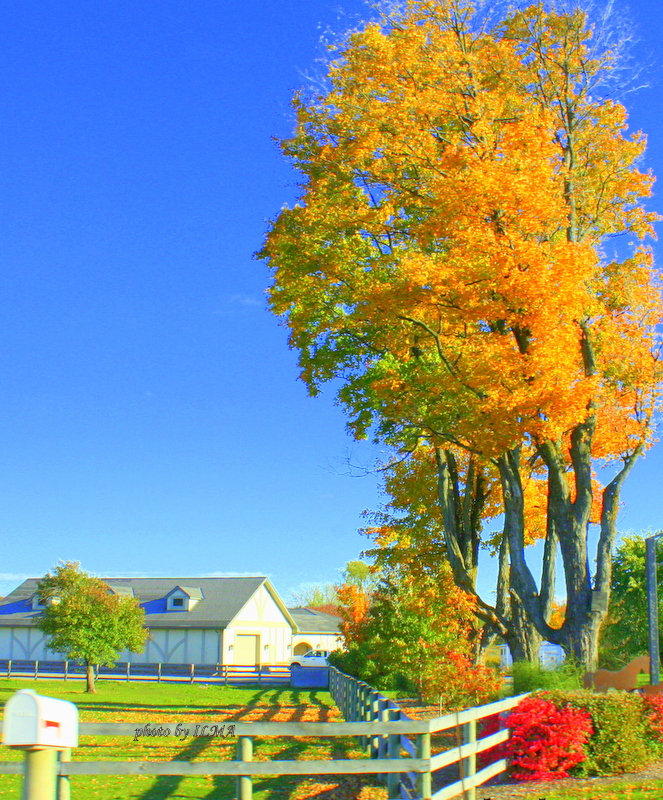GENESIS 32
22 The same night he arose and took his two wives, his two female servants, and his eleven children, and crossed the ford of the Jabbok. 23 He took them and sent them across the stream, and everything else that he had. 24 And Jacob was left alone. And a man wrestled with him until the breaking of the day. 25 When the man saw that he did not prevail against Jacob, he touched his hip socket, and Jacob’s hip was put out of joint as he wrestled with him. 26 Then he said, “Let me go, for the day has broken.” But Jacob said, “I will not let you go unless you bless me.” 27 And he said to him, “What is your name?” And he said, “Jacob.” 28 Then he said, “Your name shall no longer be called Jacob, but Israel, for you have striven with God and with men, and have prevailed.” 29 Then Jacob asked him, “Please tell me your name.” But he said, “Why is it that you ask my name?” And there he blessed him. 30 So Jacob called the name of the place Peniel, saying, “For I have seen God face to face, and yet my life has been delivered.” 31 The sun rose upon him as he passed Penuel, limping because of his hip. 32 Therefore to this day the people of Israel do not eat the sinew of the thigh that is on the hip socket, because he touched the socket of Jacob’s hip on the sinew of the thigh. – Genesis 32:22-32
GENESIS 32 JACOB WRESTLES WITH GOD
A poem inspired by these verses by ILMA
As they crossed the ford of Jabbok, Jacob was left alone
A man wrestled with him until early morning before daybreak
Jacob was winning over the match and the man touched his hip socket
Then Jacob’s hip was disjointed as he continued wrestling with the man
The man wanted to be let go but Jacob insisted he gets the blessing
Instead, the man changed Jacob’s name to Israel which means wrestling.
I am a visual person and this account of Jacob wrestling with God seems abstract and ambiguous to me. I think that we all have times when we fight with God over something we don’t understand or accept. In this case, Jacob was clamoring for his blessing. He was standing on the promise of God to his grandfather Abraham before he went back to his homeland. It is interesting how God allowed Jacob to win in this fight since we know that God is Almighty. It is probably because he will be the Savior’s ancestry.
REFLECTION
- Share an experience where you have wrestled with God. What was the result?








